Mould can cause major damage to your home and health. Here's how to prevent mould in your home, how to remove existing mould and how to stop it from coming back.
How to keep common pests out of your house: termites, rodents, cockroaches and more
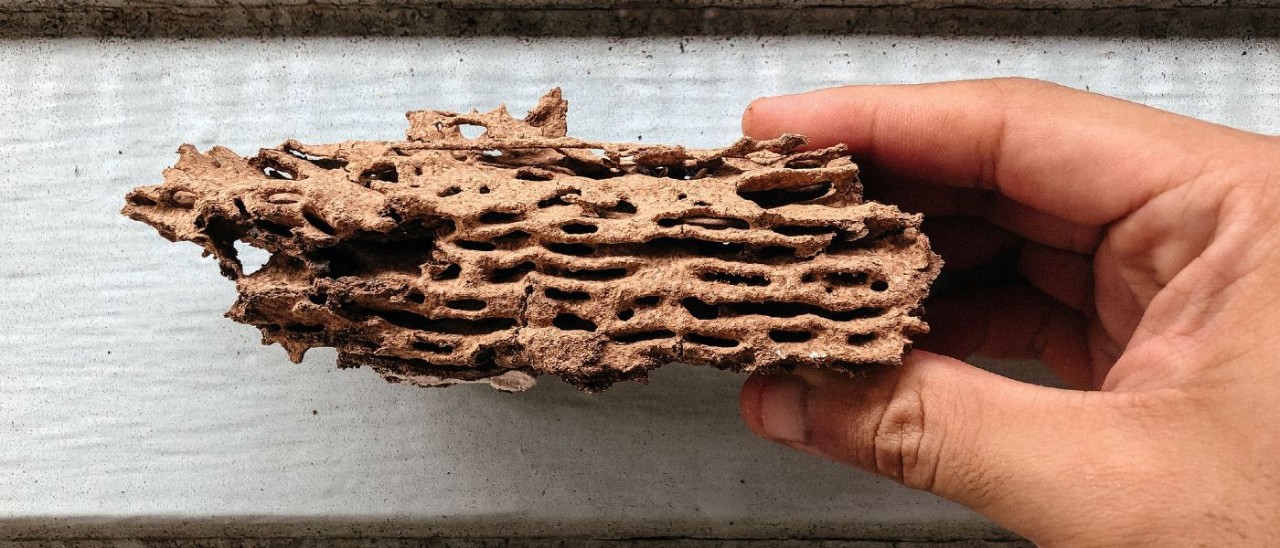
When it comes to home pest control, prevention is better than cure. Here's a guide to dealing with five common household pests.
The thought of creepy crawlies and rodents in the home is unsettling. But it's important to deal with them swiftly as unchecked pest problems can impact not just your family's health and safety, but the structure and value of your property as well.
"Termites and other pests can be active in a property for years before obvious damage becomes visible," says Marko Salapura, Senior Manager for Inspections Delivery at Rapid Building Inspections.
"Whether you're maintaining your current home or looking to sell, simple preventative steps—like clearing weep holes, trimming vegetation away from walls, fixing leaks, and improving subfloor ventilation—can go a long way to preventing pests."
The best - and safest - approach is to make your home and garden unattractive to them in the first place. Here's a guide to preventing five common household pests, without immediately resorting to pesticides.
How to get rid of pests in your home
Why are pests and vermin in my house?
Damp spots from leaking pipes or overflowing gutters, and food scraps are among the top culprits for pest infestations in the home.
Additionally, as the weather turns colder, rodents and other pests will look for warmer indoor shelters to set up home over the winter.
Read more: How to identify a hidden water leak.
How to identify pest problems when buying property
Whether it's your first home or an investment, few buyers want to purchase a property with an ingrained pest problem. One of the best ways to help prevent purchasing a home with added inhabitants is to acquire a professional building and pest inspection.
"Only a thorough building and pest inspection can reveal problems hidden beneath the surface, such as structural defects or termite activity, that could cost you tens of thousands to repair," Salapura says.
For vendors, it can also be helpful to proactively rule out any unseen pests issues before taking their property to market, with Salapura noting that buyers are perhaps most wary of issues like termites.
Read more: The benefits of a property inspection for buyers and sellers.
Don't assume a potential property is pest-free simply because it is a high-rise or high-density building either. Given the right conditions, pests (including termites) can establish themselves in any property, including apartment buildings, townhouses and duplexes.
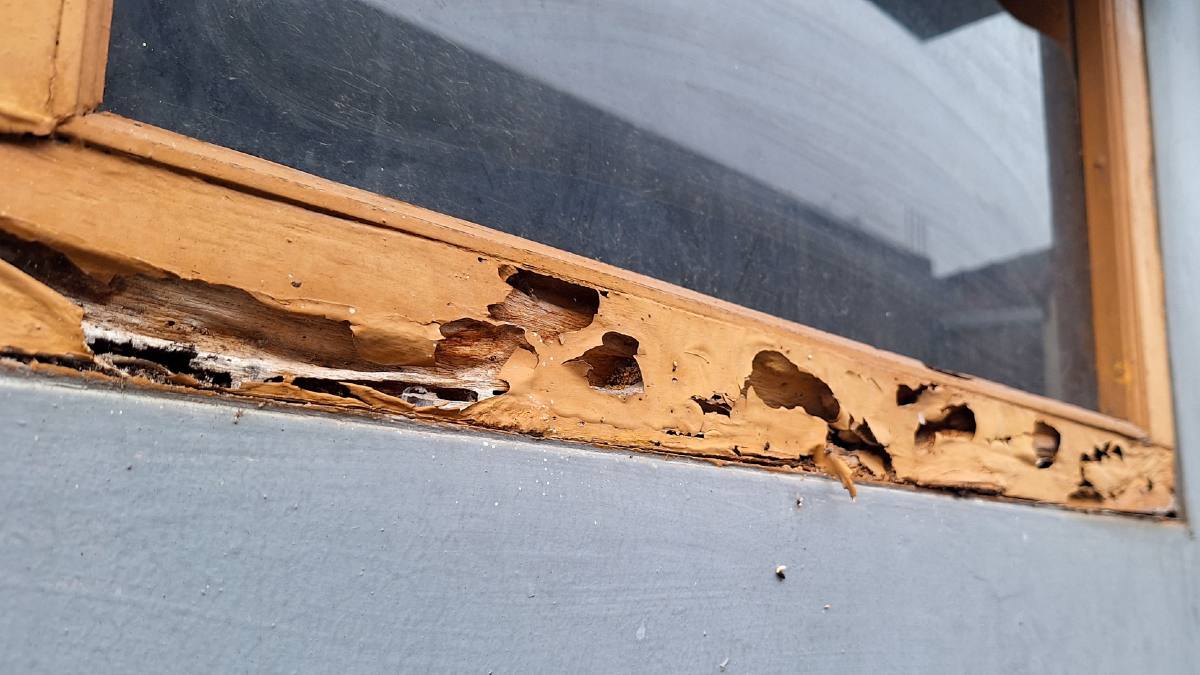
Termites can cause extensive damage to wooden structures and homes. Image: Getty
How do I get rid of common household pests?
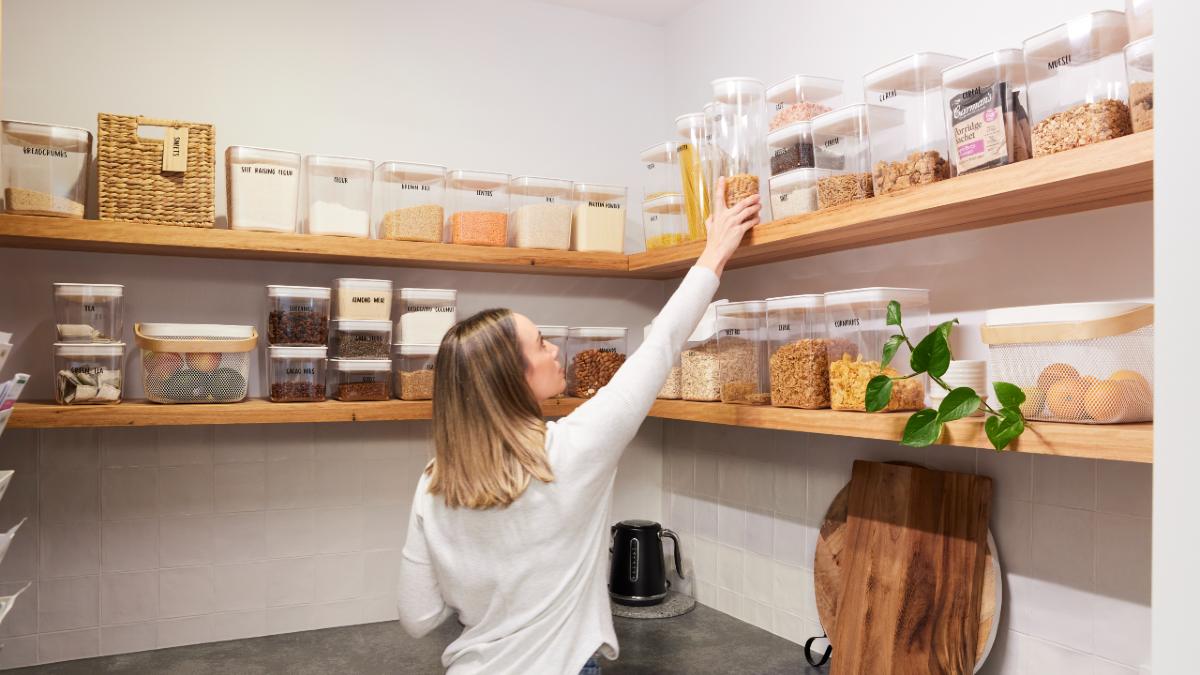
Storing food in well-sealed containers will help stop pests like mice and rats from invading your home. Photo: Matt Harvey
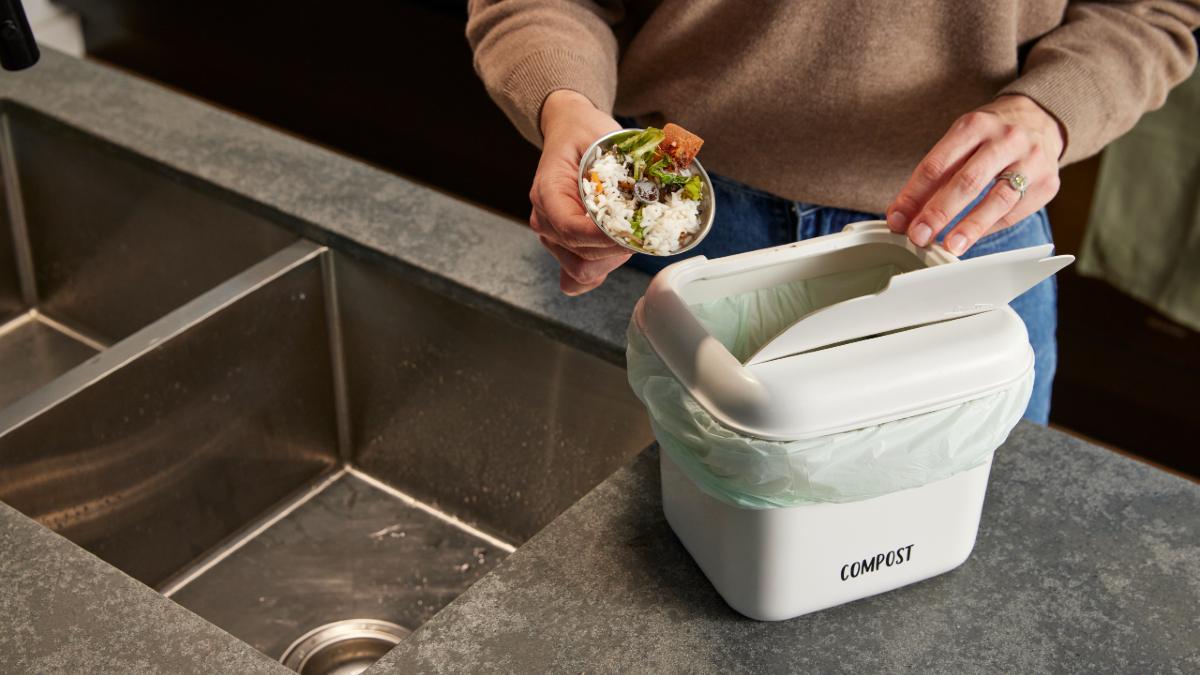
It's great to have a home compost, but make sure all food scraps are sealed or discarded to deter cockroaches and rodents. Photo: Matt Harvey

Keep your pet bowls clean because pet food attracts rodents, while stagnant water attracts mosquitoes. Image: Getty
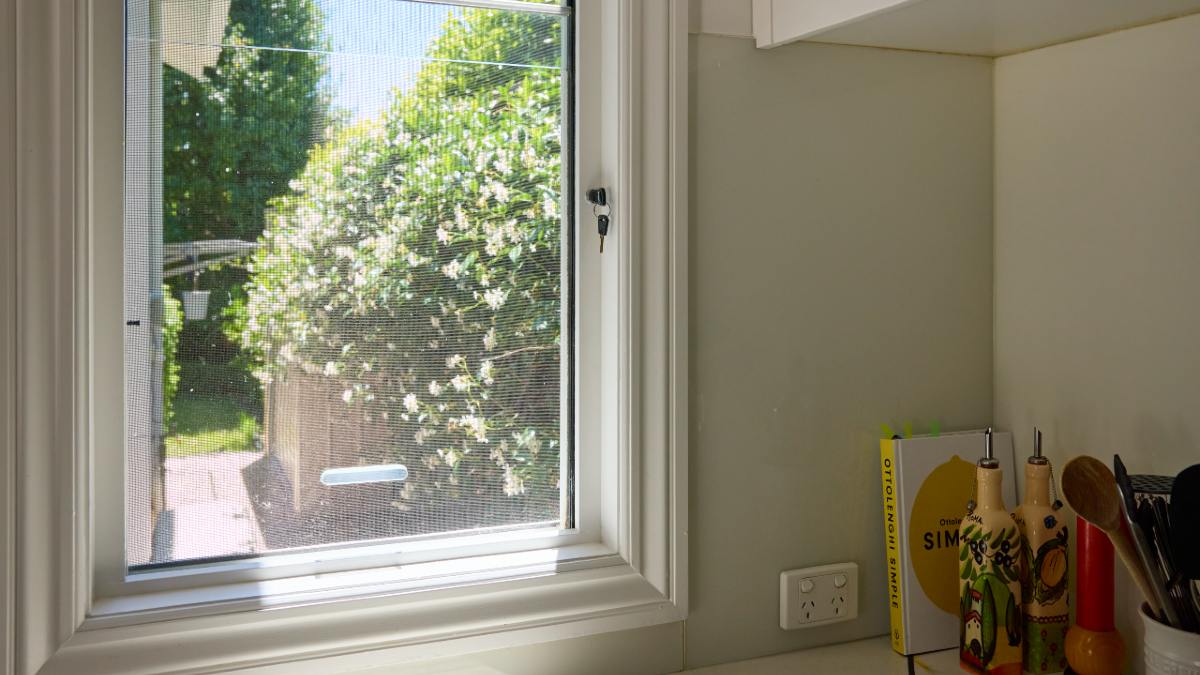
Tightly-woven flyscreens let fresh air in, while keeping flies and mosquitoes out. Image: Matt Harvey


